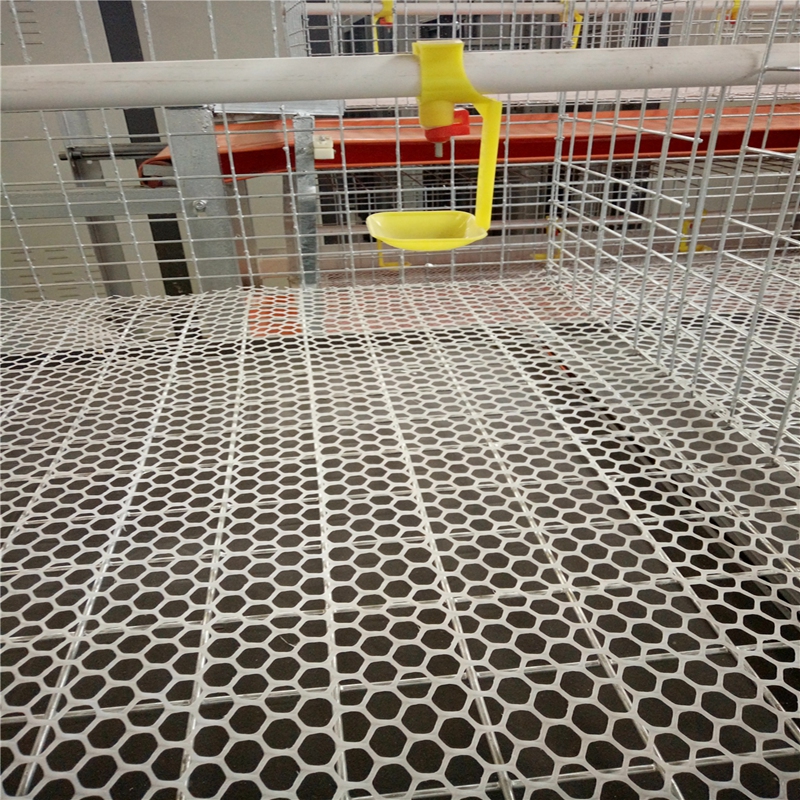Exploring the Impact of Battery Cages on Chicken Welfare and Agriculture
Nov . 06, 2024 23:43 Back to list
Exploring the Impact of Battery Cages on Chicken Welfare and Agriculture
The Ethics of Chicken Cages A Closer Look
In recent years, the ethical treatment of animals has become a critical topic of discussion, especially in the realm of poultry farming. The use of chicken cages, particularly battery cages, has drawn significant criticism from animal welfare advocates, scientists, and concerned consumers alike. This article explores the issues surrounding chicken cages, their impact on animal welfare, and the broader implications for food production and consumption.
The Chicken Cage System
The term chicken cages typically refers to battery cages, which are small enclosures where hens are kept for egg production. These cages confine multiple hens in restricted spaces, often measuring just 67-86 square inches per bird—less than the size of a standard sheet of paper. This confinement limits their movement, preventing them from performing natural behaviors such as spreading their wings, perching, or nesting. In contrast to free-range or cage-free systems that allow hens more freedom to move and engage in natural behaviors, battery cages prioritize high-density production and efficiency.
Animal Welfare Concerns
The primary concern with chicken cages revolves around animal welfare
. Studies have shown that hens in battery cages often exhibit signs of stress and frustration due to their cramped living conditions. Common issues include feather pecking, aggression, and a lack of social interactions, which are crucial to the well-being of social animals like chickens. Furthermore, the physical health of these hens is often compromised; they may suffer from conditions such as weakened bones, foot problems, and reduced immunity due to the lack of space and proper environmental enrichment.In recent years, public awareness of these welfare issues has led to growing calls for change. Many consumers are now opting for eggs produced by free-range or cage-free systems, pushing producers to reconsider their methods. This shift is a testament to the power of consumer choice in influencing farming practices and promoting animal welfare.
Economic Implications
chicken cage

The debate surrounding chicken cages is not only an ethical issue but also has economic implications. The cost of transitioning from battery cages to more humane systems can be substantial for farmers. Cage-free systems, for instance, require more space per hen and may necessitate significant changes in infrastructure. Although this transition can lead to increased production costs, it may also offer long-term benefits. With consumers increasingly willing to pay a premium for ethically sourced products, farmers who invest in better animal welfare standards could potentially tap into a lucrative market.
Moreover, some studies suggest that improving the living conditions for hens can lead to better egg quality and higher production rates in the long run. Healthier hens could mean lower veterinary costs and increased profitability, showcasing that humane treatment can benefit both animals and farmers.
Regulatory Changes
In response to growing public concern, several countries and regions have begun to implement regulations aimed at phasing out battery cages. The European Union, for instance, has taken significant steps by banning the use of conventional battery cages and encouraging the adoption of enriched cages or cage-free systems. Similarly, several states in the U.S. have enacted laws requiring cage-free systems for egg-laying hens.
These regulatory changes signal a shift in societal values, reflecting a growing understanding that food production should not come at the expense of animal welfare. As more countries consider similar measures, the future of chicken farming may see a rise in more humane practices.
Conclusion
The issue of chicken cages encapsulates a broader debate about the ethics of animal farming, consumer behavior, and food production. As awareness of animal welfare continues to grow, it is evident that the traditional practices surrounding egg production will need to evolve. The choices made by consumers play a critical role in this transformation, as do the regulatory frameworks that govern farming practices. Ultimately, fostering a system that promotes the well-being of chickens and aligns with ethical consumerism can lead to a more sustainable and responsible food industry. The journey towards a more humane treatment of hens is not just a matter of ethics; it is also about valuing the lives of the animals that feed us and ensuring that our food systems reflect compassion and responsibility.
-
Hot Sale 24 & 18 Door Rabbit Cages - Premium Breeding Solutions
NewsJul.25,2025
-
Automatic Feeding Line System Pan Feeder Nipple Drinker - Anping County Yize Metal Products Co., Ltd.
NewsJul.21,2025
-
Automatic Feeding Line System Pan Feeder Nipple Drinker - Anping County Yize Metal Products Co., Ltd.
NewsJul.21,2025
-
Automatic Feeding Line System - Anping Yize | Precision & Nipple
NewsJul.21,2025
-
Automatic Feeding Line System - Anping Yize | Precision & Nipple
NewsJul.21,2025
-
Automatic Feeding Line System-Anping County Yize Metal Products Co., Ltd.|Efficient Feed Distribution&Customized Animal Farming Solutions
NewsJul.21,2025






